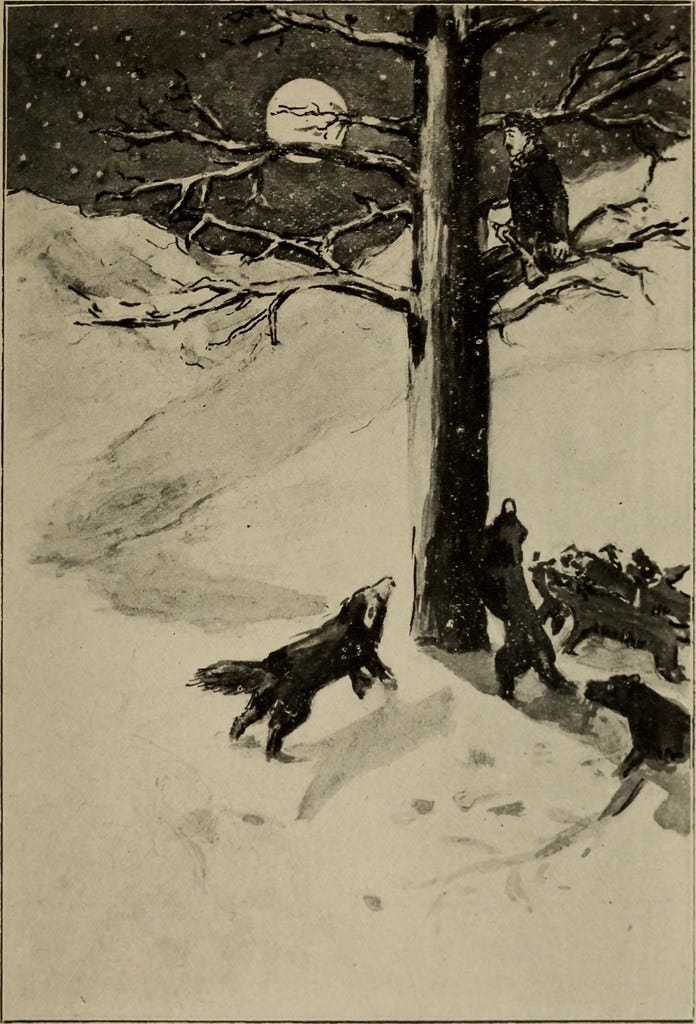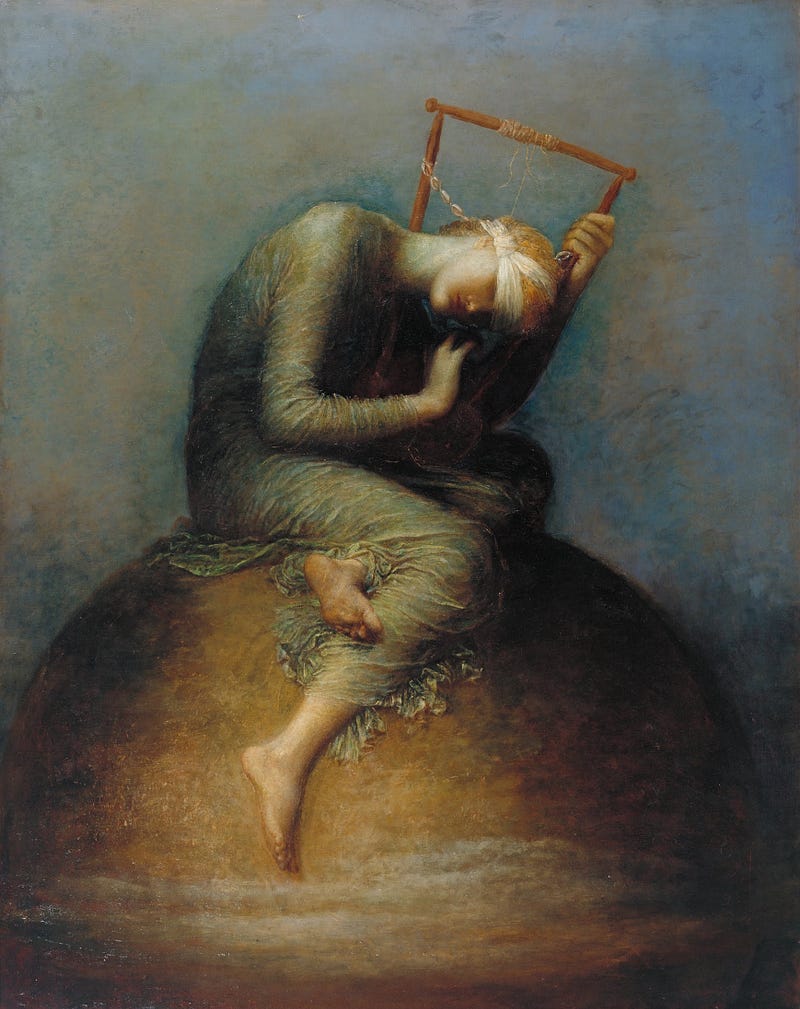Why We Need Hopeful Stories
Our salvation is in the hands of our storytellers.

Our salvation is in the hands of our storytellers.
In the wake of J.R.R. Tolkien’s Lord of the Rings books, a movement in popular culture began to confront what many saw as a fundamental flaw in those works — and the stories similar to them: Lord of the Rings and its ilk were, according to the members of this movement, too darn idealistic, bordering on the facile. Life, these critics argued, was not a simplistic argument of good vs evil, that what readers needed was the sort of work which could describe the stark complexity and harsh realities of life.
This movement, often labeled “grimdark,” is described in Adam Roberts’ book Get Started in Writing Science Fiction and Fantasy as a type of fiction “where nobody is honourable and Might is Right.” This fiction, while generally not nearly as accurate a portrayal of historical realities as many of its fans seem to suppose, does hold a powerful sway over the imaginations of its readership (or viewers). What it really does is say “the world we currently live in is a dark, selfish, utterly uncaring place where violence and meanness reign supreme.” Whether this is true or not, it perpetuates a specific idea of the world, one which directly counters more hopeful visions of humanity.
For many, George R.R. Martin’s A Song of Ice and Fire is the penultimate word in this genre which few others could hope to match — a story driven primarily by sociological imperatives rather than mythic-heroic ones; where individuals are generally deeply damaged and often succeed in their goals only if willing to adopt hyper-violent solutions (characters with any hint of morality or compassion are, quickly and brutally, snuffed out).
The biggest problem with this sort of story is not merely that it tends toward the nihilistic side of pessimism, though there’s some question regarding the ultimate value of such a perspective. Rather, the biggest issue is in how works of grimdark validate brutality and cruelty; grimdark is not about realism, it’s a genre dedicated toward reshaping what “realism” means; it’s a genre dedicated toward the glorification and normalization of “might makes right” and violence as the final word in any conflict. Tension, in such tales, can only be created through power structures of pain, humiliation, and violence. And, however unrealistic this might be, it has garnered itself a huge following and, under its guise of “realism,” has managed to sidestep much of the criticism that should be sent its way.

Now, what about hopeful fiction? Rather than attempt to be anti-Tolkien, is there a type of fiction which applies real-life complexities and problems to a hopeful and dynamic vision of the future?The answer to this is an unequivocal “yes,” but there isn’t as much as there should be.
A few recommendations I can think of off the top of my head are as follows:
- (Book) A Long Way to a Small, Angry Planet by Becky Chambers
- (TV Series) Babylon 5 by J. Michael Straczynski
- (TV Series) Star Trek (specifically TNG and DS9) created by Gene Roddenberry
- The 2019 April edition of the UK SF magazine Interzone also has a great opening essay on this which I highly recommend.
(Note: I want more of this sort of work, so feel free to comment with your favorite, modern, anti-grimdark stories and shows!)
Some people might be asking themselves “why do we need that sort of fiction, though?”
Why would we need fiction that inspires, that attempts to posit fruitful futures, that brings to light the best that human beings can be — even during the midst of strife, struggle, and misery? Well, for the same reason we have always needed such stories: because they provide hope, and, through hope, the ability to improve both our own lives and the world we live in.
We take our cues from the myths we live by, whether those myths are “boys don’t cry,” or “good people are all suckers,” or “act like a hero and you’ll always die.” Understanding that “myth” doesn’t just refer to a very old story, but that everything we think we know about the world, all of our behaviors and beliefs, are just myths we take for granted, is an important step forward in understanding why the sort of fiction which uplifts and provides hope is more important than the sort which wallows in the exaltation of pain.
If anything, those “grimdark” stories are even flatter in terms of how reality is experienced than the works they are trying to rally against. While the dichotomy of good and evil might not always be as simplistic as it appears in Star Wars, it is also a good deal more complex than it appears in Game of Thrones — because there is more to human beings than an inevitable spiral down the path of corruption and violence.
We do need more complexity in our stories. We need science fiction and fantasy which attempt to explore the convoluted nature of human reality; we need stories which draw inspiration from the complex social dynamics which make our world what it is. But we also need stories that posit ways around the issues we currently face; we need stories that show people trying to be their best selves even against stark odds; we need characters and tales which allow us to feel motivated to do better and be better than we have been in the past. These sort of stories are possible. The dramatic tension isn’t sucked out just because shock-value and melodrama is no longer the driving force behind every character interaction. It is possible to have stories of hope — and, more than possible — it is necessary that such stories become the norm. Because our world is headed for a very dark period in its history and we need every tool in our kit to explore the paths through; our salvation is in the hands of our storytellers. It’s time we start telling the sort of stories we need to be all that we can be.
